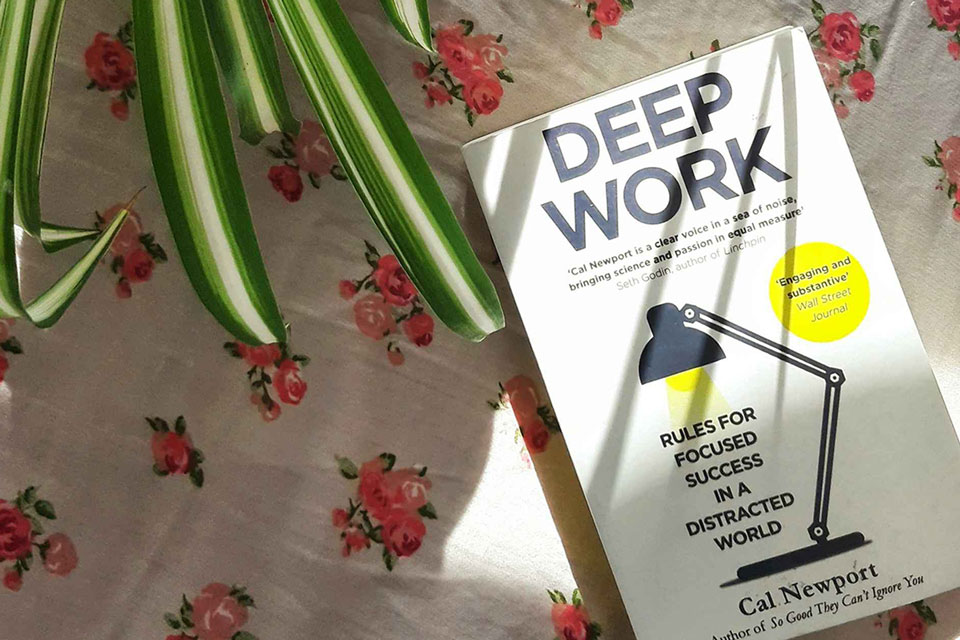Boundaries with Employers: How to Avoid Burnout
Few things are more awkward and uncomfortable than setting boundaries at work. You want to be a team player, reliable, easy-going, and maybe even make a few friends along the way. You may long to hear your boss refer to you as “invaluable” or “irreplaceable” and to be a trusted colleague for your peers. The goal of having a good work ethic and generous attitude is admirable and biblical, but without boundaries, you can end up exhausted, overworked, and frankly, resentful of your job and boss. So, how do you find the balance between being a productive member of the team and being taken advantage of? Boundaries! Setting healthy boundaries, and just as importantly, insisting on strict adherence to them, will help you find the sweet spot. Of course, you have to be reasonable in establishing your boundaries. You are being paid to perform a job and have entered into an agreement with your employer, so you have a certain degree of responsibility to them and the position. But the unfortunate news is that most employers will boldly and unapologetically take as much as you will give, even beyond your expected responsibilities. This doesn’t necessarily mean that they’re evil or trying to exploit you, but because businesses are built on the backs of the workers. This means that it is up to you, the employee, to decide what your limits are. If you don’t, someone else will decide for you and unfortunately, it may not be in your favor. Know your responsibilities & non-negotiables Start by figuring out what aspects of your job are essential, logical, and reasonable requirements for your given position and job description. If you aren’t comfortable with these aspects of your job, it might be time to find something more suited to your talents and [...]







